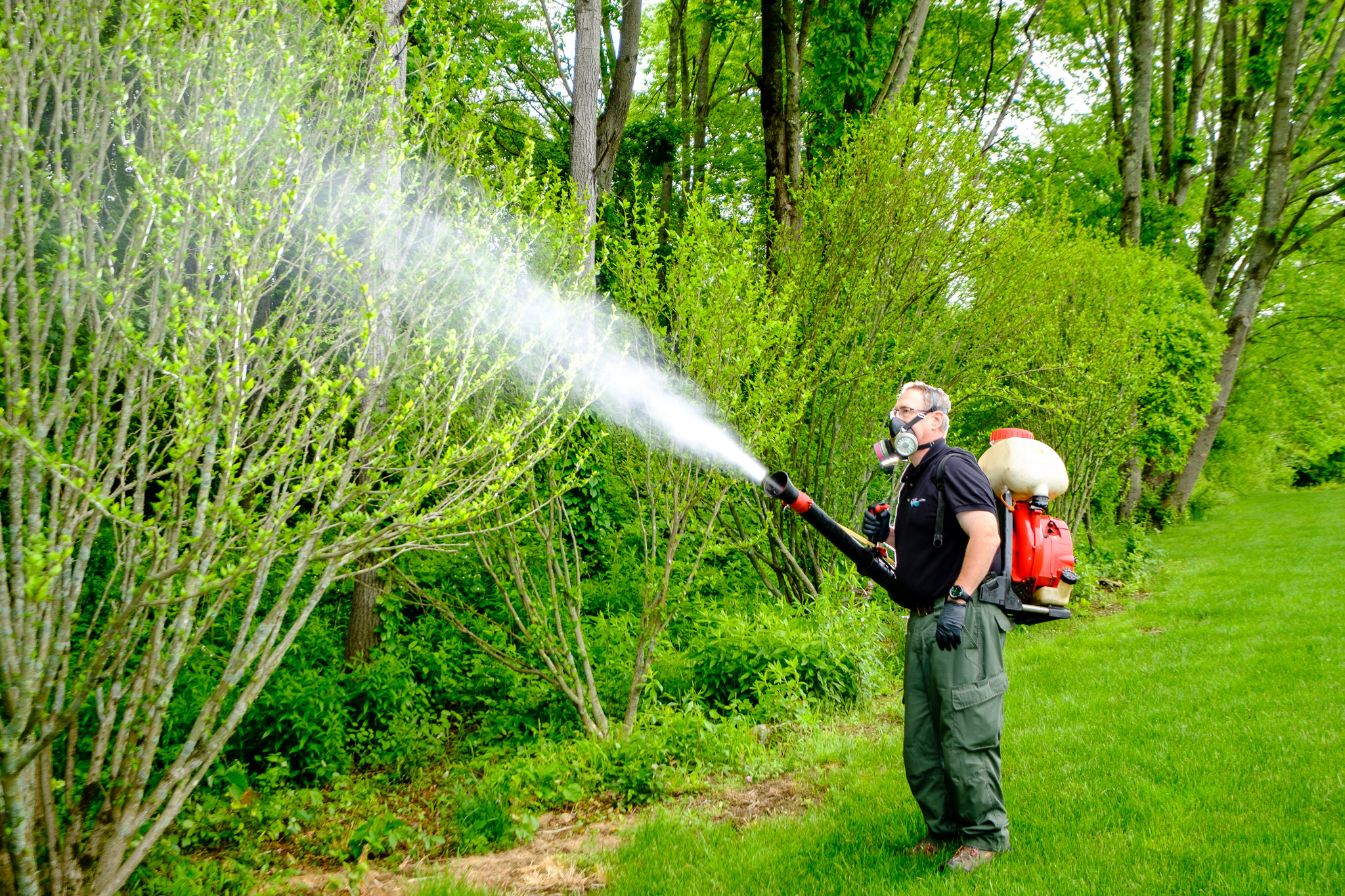Guide To Evaluating And Understanding Flying Ants In Your North Andover, Massachusetts, Pool

Pest Control Near Me
When it comes to North Andover, Massachusetts, and the surrounding areas, flying ants are something of an annoyance more than a serious threat. These bugs, which are actually a type of ant, can appear suddenly and in large numbers, almost as if out of nowhere. Unfortunately, that makes them not only a nuisance but also an issue that needs to be addressed quickly and effectively. This guide is designed to help you understand what these flying ants are, how to spot them in your pool, and how you can take action to prevent them from becoming a more serious infestation.
What are Flying Ants?
When it comes to flying ants, it is important to know that these are not actually ants at all. Rather, they are a specific type of ant called ?swarmers.? These swarmers emerge from the ground in large numbers and have wings. They are the reproductive form of the ant species and come out in the spring and summer months, when the warmer temperatures allow for reproduction. Swarmers are typically short-lived and are only around for about a day or two before they die.
In North Andover, the most common type of swarmer ant you will encounter is the black carpenter ant. These large ants have black bodies that measure up to one-third of an inch in length and wings that have black streaks. While they can be mistaken for termites, the black carpenter ant is easily identified by its prominent abdomen and its antennae, which have a distinctive bend near the end.
Signs of an Infestation
Flying ants, like other types of ants, are attracted to moisture, which is why they can often be seen in or around pools during the warmer months. However, a few ants that are seen around the pool may not be cause for concern. Rather, you should watch out for signs of an infestation. This could include large numbers of ants that emerge suddenly, trails of ants in the grass or near the pool, and ant mounds in the yard.
Evaluating the Infestation
If you do spot any of the signs of an infestation, it is important to evaluate the extent of the issue. The best way to do this is to identify where the ants are coming from. Examine the ant mounds and trails carefully to determine the source of the infestation. You can also speak with a pest control professional who can further inspect the area and give you the best advice on how to deal with the infestation.
Taking Action
Once you know the source of the infestation, you can take action to get rid of it. This could involve moving the ant mound away from the pool, eliminating any standing water or food sources that could be attracting the ants, and setting out traps or baits to capture and kill the ants. It is also important to make sure any cracks or crevices in the walls or windows of your home are sealed off to prevent the ants from entering the home.
When it comes to dealing with flying ants in your North Andover, Massachusetts, pool, it is important to be aware of the signs of an infestation and take action quickly and effectively to prevent the infestation from becoming a more serious problem. A pest control professional from F&W Pest Control can assess the extent of the issue and determine whether pest control services are needed to get rid of the pests. We have offices in Wrentham, MA, Framingham, MA, Peabody, MA, and Kingston, MA, and serve all of eastern Massachusetts. With our help, you can rid your property of nuisance pests and give you back the peace of mind you deserve.
Pest Control Near Me
Searching for an easy fix to your pest problems? Here at F&W Pest Control, our exterminators will treat an array of different pest issues including termites, bed bugs, mosquitoes, and more! Long-term protection is right at your reach with the help of our highly trained team of exterminators in the Greater Boston area. Don’t allow pests to take over your home, put your trust in our pest control services to ensure a pest-free home. With our help, you won’t have to spend any more free time implementing DIY extermination methods!


